As anyone who’s spent time in a hospital ward will know, dementia is a big problem.
 The elderly with memory problems occupy a disproportionate number of hospital beds. Often admitted for a simple illness, they represent a forgotten populace left in limbo. No longer able to fully care for themselves yet not needing full-time care; they wait in hospital are get labelled ‘bed-blockers’. People with dementia don’t get a fair deal. ‘Care packages’ – designed to let them live in their own home are all-too-often delayed by bureaucracy and lack of funding.
The elderly with memory problems occupy a disproportionate number of hospital beds. Often admitted for a simple illness, they represent a forgotten populace left in limbo. No longer able to fully care for themselves yet not needing full-time care; they wait in hospital are get labelled ‘bed-blockers’. People with dementia don’t get a fair deal. ‘Care packages’ – designed to let them live in their own home are all-too-often delayed by bureaucracy and lack of funding.
Technology is now offering new hope for those afflicted with one of the most feared conditions. Smart-homes – houses integrated with electronic devices are letting people who would otherwise be in nursing homes lead independent lives.
A residence wired with technological wizardry is no longer just for Bill Gates – it’s coming to a neighbourhood near you…
A Smarter Home: Hope for those with Dementia
The Intelligent Cooker
 It’s evening, and you’re getting a bit peckish. It must be time to stew up something tasty for dinner. The phone rings… ‘What was I doing again?’
It’s evening, and you’re getting a bit peckish. It must be time to stew up something tasty for dinner. The phone rings… ‘What was I doing again?’
I’m sure we’ve all accidentally left something in the oven too long – but for people with dementia, stoves left on the hob pose a potentially lethal hazard. Enter the ‘smart cooker’. It’s one of the many inventions of the Bath Institute of Medical Engineering - the ‘cooker minder’. Integrated with a conventional gas or electric cooker and programmed for an individual’s abilities, it continuously looks out for cooking hazards. Sensing a burning cake or pot boiling dry – it sounds an alert. If not tended to, the cooker switches itself off and can even send an automated message to a relative or carer.
Window on the world
There are now more tech-savvy ‘silver surfers’ than ever. I don’t suppose many elderly people with dementia are well acquainted with Skype. Sadly, loneliness and isolation are often synonymous with the aged. For those with dementia, human interaction is crucial for helping preserve cognitive abilities.
For friends and relatives of dementia sufferers, a digital ‘window on the world’ offers the next best thing. An LCD screen (the ‘window’) and suitably placed wireless cameras allow family and carers to keep in contact; high resolution video can give the impression of having a visitor and offer opportunities for interacting not just with friends but the wider community.
The talking bed
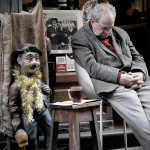 A bad night’s sleep can really wreck your day. Disturbed sleep is an unfortunate eventuality of the ageing process is a disturbance in normal sleeping patterns. When the BIME team were faced with an elderly man who often woke in the night to wander – the medical engineers set about devising a solution. They built sensors in the legs of his bed and then created a device to give a friendly voice prompt reminding him to return to bed.
A bad night’s sleep can really wreck your day. Disturbed sleep is an unfortunate eventuality of the ageing process is a disturbance in normal sleeping patterns. When the BIME team were faced with an elderly man who often woke in the night to wander – the medical engineers set about devising a solution. They built sensors in the legs of his bed and then created a device to give a friendly voice prompt reminding him to return to bed.
The results were dramatic and his carers were amazed. Thanks to this remarkably simple innovation, this gentleman’s daytime wellbeing improved dramatically – he could think and perform better and needed less care.
Smart Homes: Hope for the Future
Key to such‘smart home’ innovations is maintaining familiarity. For someone with dementia, learning new tasks is frighteningly difficult. Taking a leaf out of Steve Jobs’ book, technology should be intuitive to use and, in this special instance, appear just like a normal appliance.
As new technologies emerge and become increasingly affordable, surprisingly ingenious interventions like these will help improve the lives of the older generation, and make independent living easier.
Einstein said “It has become appallingly obvious that our technology has exceeded our humanity.”
Perhaps now is the time for technology to restore humanity and dignity.
.
Thanks for reading - feel free to comment below…
REFERENCES:
Orpwood, R., Gibbs, C., Adlam, T., Faulkner, R., & Meegahawatte, D. (2005). The design of smart homes for people with dementia—user-interface aspects Universal Access in the Information Society, 4 (2), 156-164 DOI: 10.1007/s10209-005-0120-7

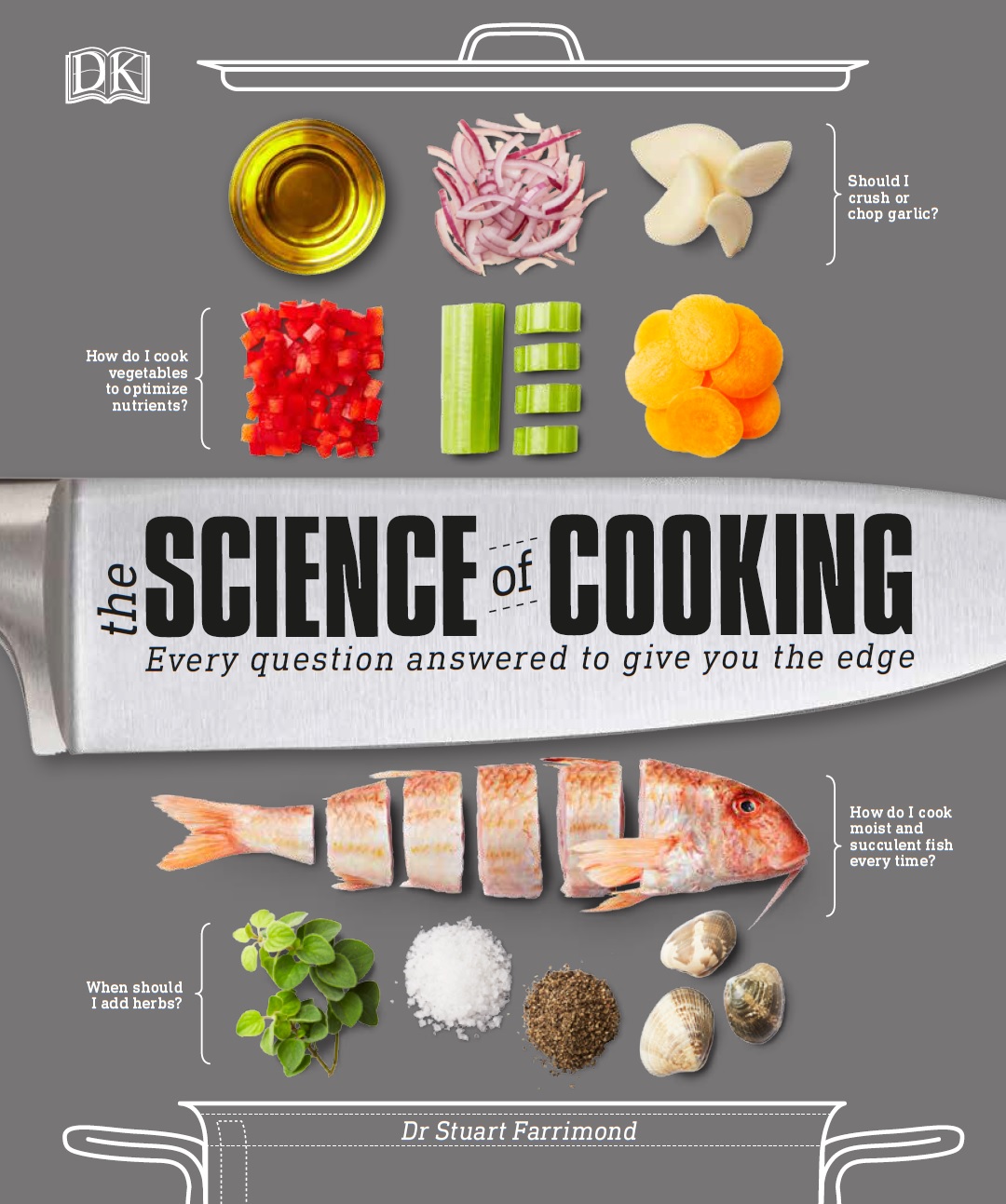



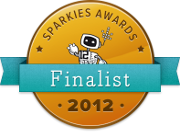
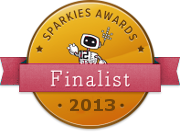
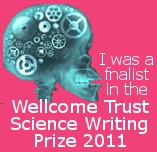


Discussion
No comments yet.